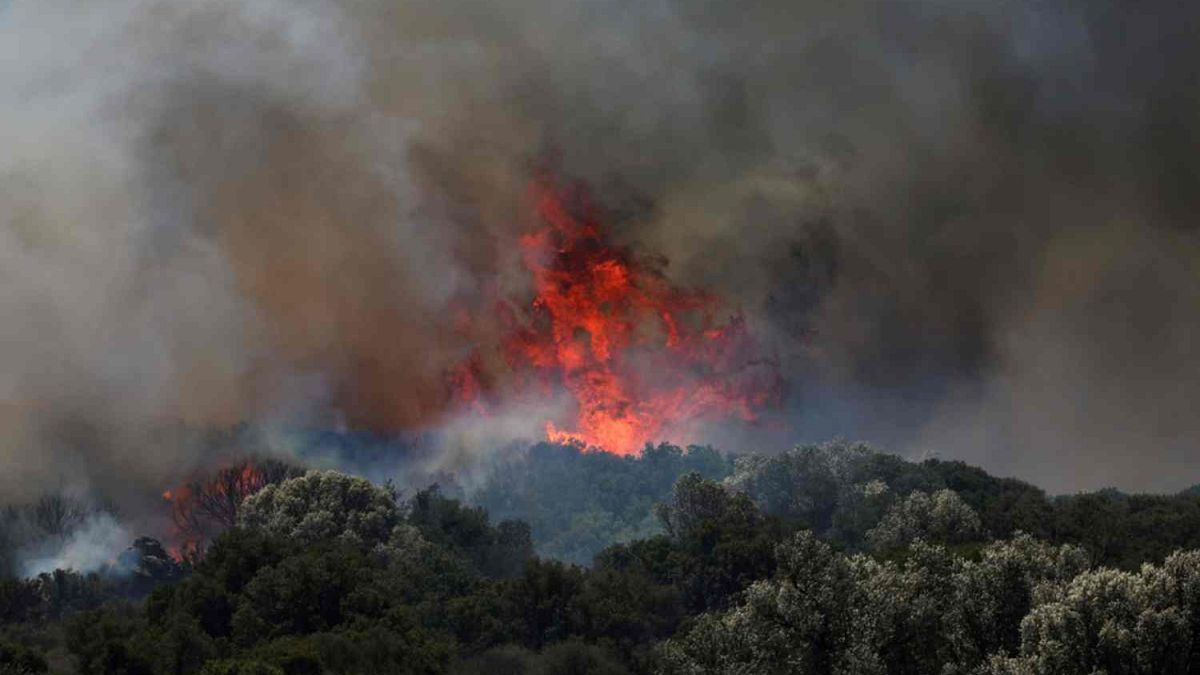

In an interconnected world, events in one region often echo in others, highlighting the diverse challenges faced by different countries. Recently, wildfires have raged across Turkey and Cyprus, while tensions along the Thailand-Cambodia border have escalated, illustrating the varied and complex situations impacting global stability.
Turkey faces a profound challenge as wildfires, fueled by extreme heat and strong winds, have claimed the lives of ten brave firefighters and rescue workers. This tragic incident raises Turkey’s wildfire death toll to thirteen this year. Experts have cautioned that such devastating blazes might become more frequent due to climate change, requiring proactive strategies to mitigate their impact. These fires not only affect the immediate surroundings but also serve as a somber reminder of the broader environmental issues that are becoming increasingly urgent to address worldwide.
Meanwhile, as the temperatures soar in Cyprus, firefighters have been engaged in an intense battle against significant wildfires. These blazes necessitated the evacuation of four villages, underscoring the immediate human impact of extreme weather conditions. As forecasts predict temperatures to reach 45 degrees Celsius, the highest recorded for the year, it becomes evident that such challenges might test the resilience of communities and emergency services across the globe.
In Southeast Asia, the situation has grown tense as border disputes between Thailand and Cambodia have escalated into armed clashes. A recent incident has resulted in the closure of some border crossings with Cambodia, following an accident in which a Thai soldier was injured by a landmine. This has further deteriorated relations, which had already been strained by prior military confrontations. Reports of airstrikes and reciprocal accusations between the two nations paint a picture of a conflict in need of diplomatic intervention to restore peace and stability.
Tensions along the Thailand-Cambodia border have resulted in casualties and further strained the relationship between the neighboring nations. An airstrike by Thailand on Cambodian military targets has added to the turmoil, reportedly causing the deaths of at least two Thai civilians and injuring others. This escalation highlights the pressing need for dialogue and peaceful negotiation to prevent further loss and damage.
Meanwhile, in Syria, the complexities of geopolitical relationships are evident as the nation has reached out to Turkey for defense support following sectarian clashes. Turkey has expressed its readiness to assist by providing training and technical support, illustrating the importance of cooperative efforts in strengthening regional security. In support of the civilian population affected by these regional conflicts, aid convoys are being dispatched to Suwayda, delivering crucial resources such as food, medical supplies, and drinking water to those in need.
These developments collectively underscore the need for concerted global efforts to tackle both environmental and diplomatic challenges. Addressing climate change, enhancing disaster response mechanisms, and fostering peaceful diplomatic resolutions are pivotal in ensuring a stable and sustainable future for communities worldwide. As nations come together to navigate these challenges, collaboration and understanding will remain key in crafting solutions that promote peace, resilience, and a harmonious global community.
Source: {link}
